Interview by Stefanus Ian/Red Sports. Photos courtesy of Ethos Books.
A screenshot of UK Shyam and C Kunalan from the mini documentary produced by Jeremy Ho/Run and Gun Media for Ethos Books. (Photo 1 courtesy of Ethos Books)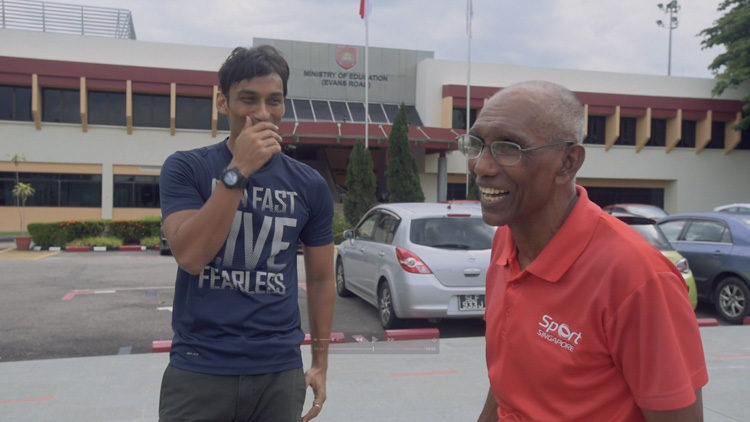
Umaglia Kancanangai Shyam Dhuleep, also known as UK Shyam, is Singapore’s national record holder for the 100m sprint with a time of 10.37s.
His journey to becoming the fastest man in Singapore, however, was filled with complications. Having quit the sport once, Shyam stumbled upon his “guardian angels” to become one of the most sought-after athletes in the country.
But he came crashing down very publicly as he struggled to juggle university and training. Together with fellow national sprinter Kenneth Khoo, Shyam recently published a book called “Running on Empty: The story behind 0.01s”, which chronicled Shyam’s career.
Following the launch of the book, Red Sports sat down with the duo to talk about the book — with Shyam saying that he hopes the book can be “an athlete’s handbook” for those who are looking to make a career in sports.
Watch the short documentary that was launched together with the book here
Part 3 (of 5)
On Self-Training
Red Sports: What was your personal mindset or approach towards sports?
Kenneth: I think I see my approach towards sports, and why I continued for so long, has always been, “I think you have 40 years to build your career, you are young only once. This is the only 10-year or 15-year window you have to do sports. I don’t want to be some old uncle at the track telling people, “Eh, you know last time ah, uncle could have broken the record if I had done this”.
I don’t want to be that person when I step away. I need to be able to tell myself that I’ve done my best and given my all.
But of course I say this because I think my family situation was definitely much more comfortable than Shyam’s that I could afford to put work on hold for a while and not die of hunger, you know, but athletes who find themselves in difficult financial situations, they see it through different lenses.
Red Sports: Let’s say athletes from a needy background are coming through the ranks, but he or she knows that he or she can break the national record if they train full time, what do you tell them?
Shyam: That you’ve got to keep trying. One thing is that nowadays we also tend to have very short-term expectations. So maybe on one hand, also, I think a lot of us feel that “Oh if you try for a year and it doesn’t work, you know that means that you’ve got to leave the sport”.
But actually, if you look at all the foreign athletes, even those that have become Asian class, if you check, they’ve been really training full-time for like six years or seven years or eight years.
I actually never got the luxury to do that, but the point is that these things don’t come easy. So number one is you’ve got to try as much as possible to have the lifestyle in place, meaning if you want to get a certain type of result, you got to train in a certain way.
You want to be SEA Games or Asian class, you’ve got to train that way. You can’t train four times a week. There’s an amount of effort and the amount of detail and sacrifices to your training and your lifestyle that you must be willing to put in because a lot of the other countries, people have already like done that from long ago. And there are so many system limitations that stop us.
Number one is probably NS, which is a big stumbling block. So when we go to NS, the Thais and Malaysians and all (have an advantage). They have that two-year window to train full time, whereas we don’t. So I think those are things that we need to look into and we need to try and iron out.
Red Sports: And speaking about training, I’m reading through the book and you self-coached a lot before meeting Pedro, right? How did you do it?
Shyam: I went to the library because of Mr. Kunalan, who was a lecturer at the school of physical education. So I kept talking to him and looking up sports physiology books and trying to read.
Red Sports: I am sure now with the Internet …
Shyam: … it’s a lot easier but on the flip side, now with the internet, the athlete mustn’t assume that he knows everything just because you Google a few things You need to know the right people to talk to.
A screenshot of UK Shyam from the mini documentary produced by Jeremy Ho/Run and Gun Media for Ethos Books. (Photo 2 courtesy of Ethos Books)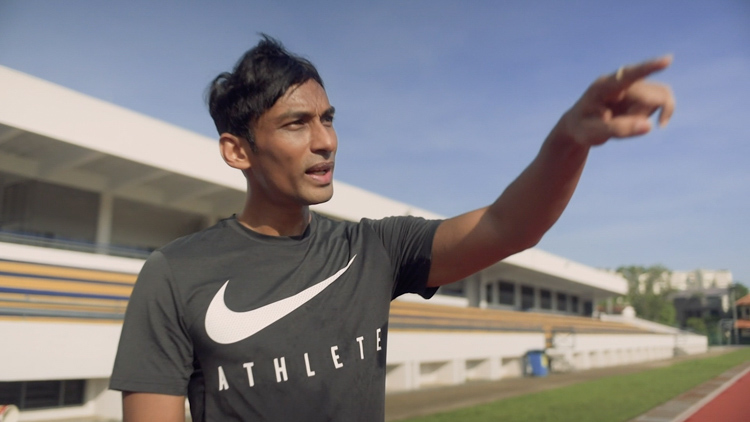
Red Sports: And how do they go about knowing the right people? Or even just barking up which tree?
Kenneth: I think in training the most important thing is really to have an open mind. The research is always changing. Even ideas that were considered cutting-edge 10 years ago will be obsolete today. So sometimes you keep doing it — like coaches who keep employing methods from the 1960s — it’s just not going to work out.
So I think when you want to go down this road of being self-coached, you really need to have an open mind and not be afraid to experiment.
Shyam: But I think self-coaching, I think (for me) it was because of circumstances.
Kenneth: It’s definitely not ideal, you need somebody to watch you and give you feedback.
Shyam: I was self-trained because it was difficult to come out of (military) camp so I just had to make do with all these compromised opportunities, but I just had to do lah. Better than not training, right?
Related stories:
“It was a leap of faith for Peng Siong” – an interview with UK Shyam and Kenneth Khoo (Part 1)

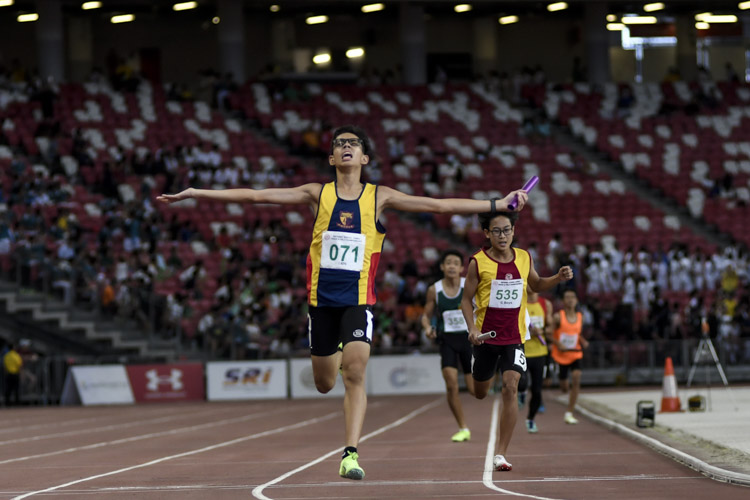
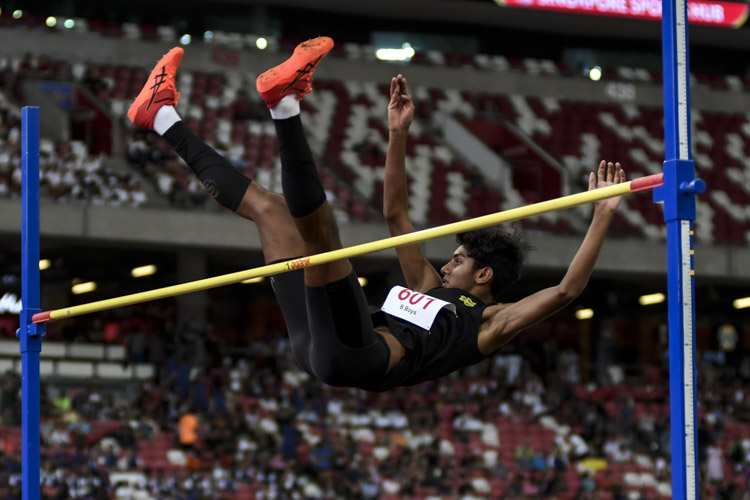

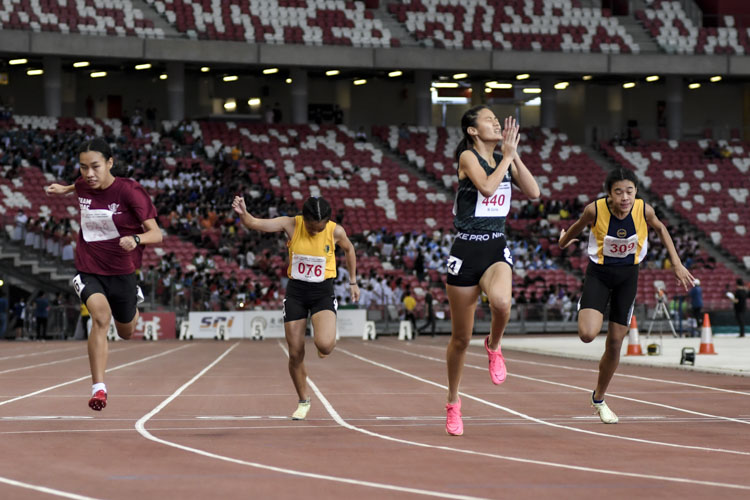
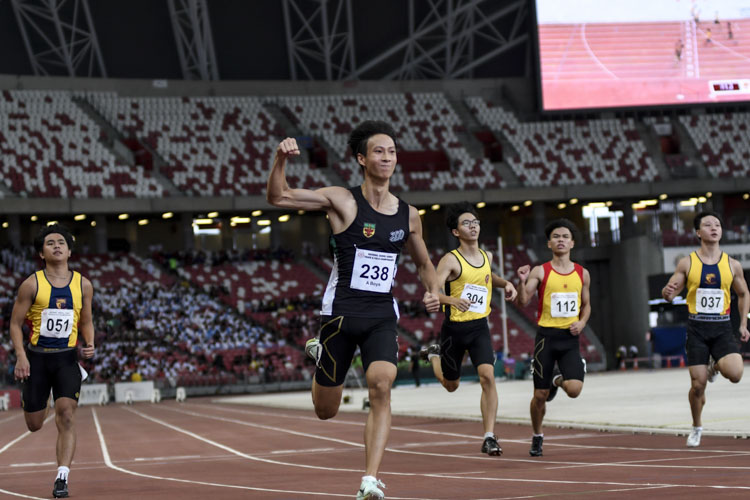

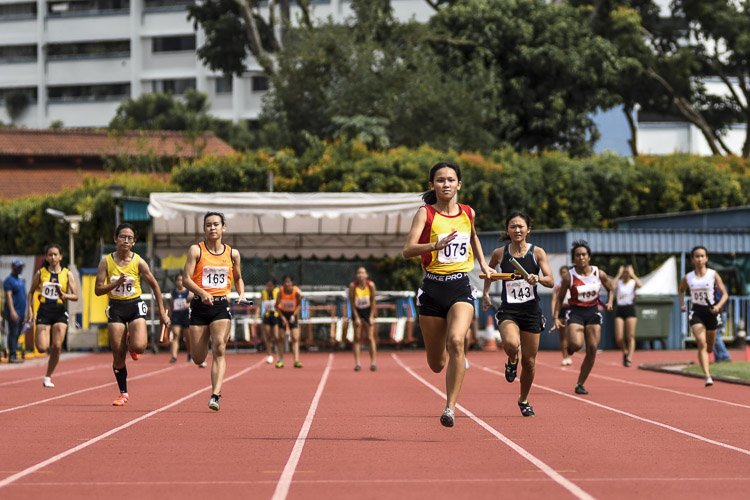
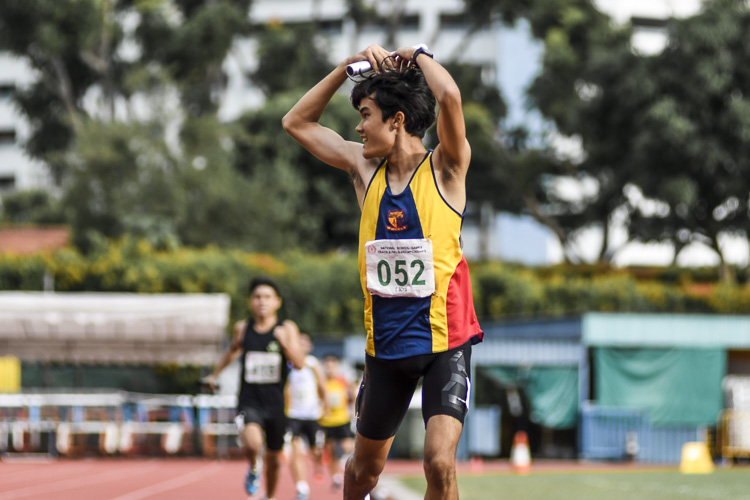

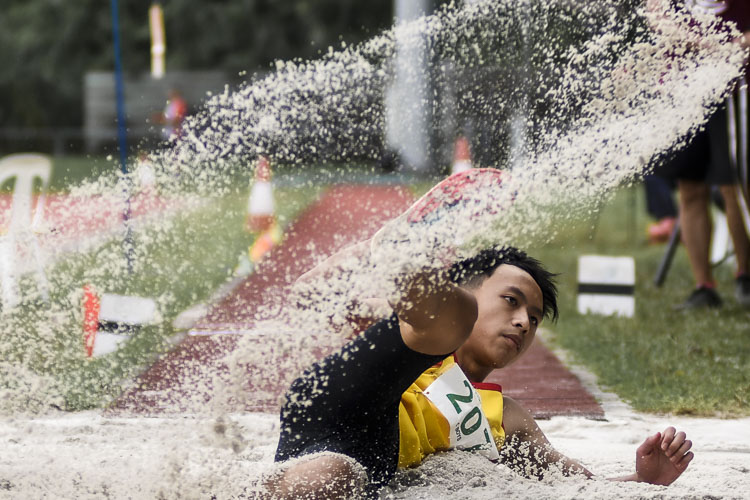
Leave A Comment